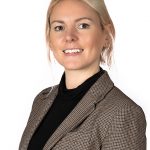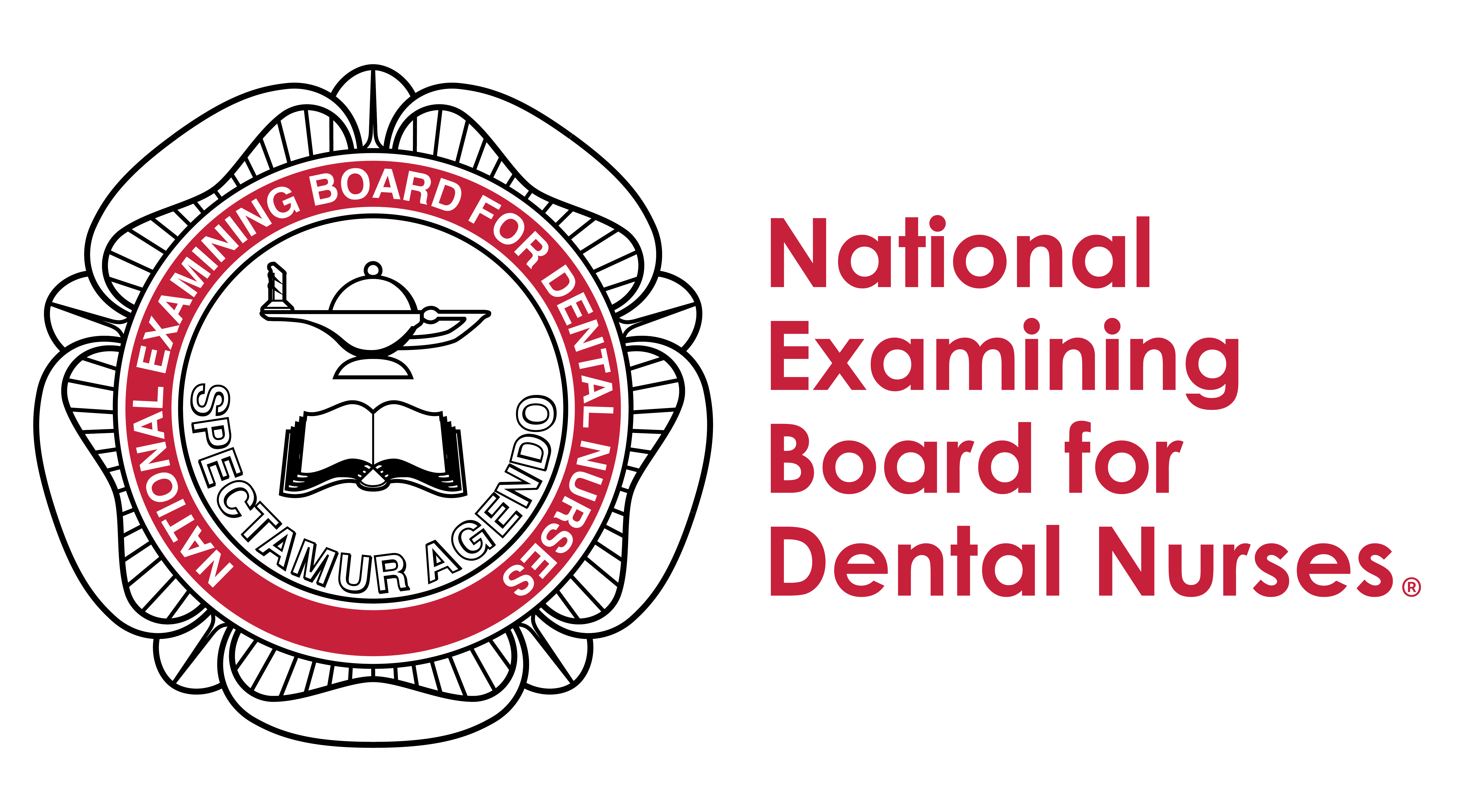A spotlight on Louise Belfield
This month’s Crowning Careers spotlight is on Louise Belfield, an NEBDN Trustee, who shares her career journey from dental nurse to lecturer in biomedical sciences.
After I left school at 16, I went to college to do A-levels in English Language, Law, and IT. To this day I have no idea why. Halfway through the term I became sick and missed a lot of teaching. On return, I felt unable to keep up with the content and so I decided to defer and start afresh next term. In the meantime, I needed to earn some money, so I went to the jobcentre. I had no idea what I wanted to do and at 16 I was very shy. The advisor suggested I apply for an apprenticeship in dental technology. I thought it sounded interesting, and they were insistent, so I did. I worked as a trainee Dental Technician for 18 months and began to develop skills in crown and bridge work. During my time there, I began to wonder with increasing frequency about the patients on the other side of the lab tickets and their stories. I saw an advert in a local newspaper for a job as a trainee dental nurse, and I thought that it would be a brilliant opportunity to be more involved with the patients.
I trained as a dental nurse in a small mixed NHS and private practice and went to night classes every Tuesday. I loved my course and had the most wonderful course providers. In 2003 I gained my NEBDN qualification and I was over the moon to become a qualified dental nurse. My practice was wonderful; we were a close-knit team, and everyone was supportive of each other. The dentist I worked with was an inspiration. He supported me through my training and involved me in his treatment planning and diagnosis processes and would ask for my comments on radiographs. I felt so valued and included as part of the care team and was very happy. One of the most important things he did for me was to take me on his CPD courses, and it was one of those courses that changed the direction of my career.
I listened to the provider talking about the links between periodontitis and diseases elsewhere in the body, like heart disease and diabetes, and how the bacteria that live in the mouth might link them together. For months after, I dwelled on that idea, and considered what it might mean for our patients; what might to we be able to advise if we knew more about it? Impatient to wait for the research to filter through to practice, I wanted to be part of the driving force, investigating how oral bacteria could have such a fundamental impact on our general health. To do this I decided I had to go to university. With a heavy heart, I left my practice to embark on a new chapter in my life, but I knew I was not leaving my profession behind, I brought it with me.
Applying to university was exciting, but of course having no A-levels meant I was not eligible to apply for direct entry into a degree programme. I found a degree in Human Biosciences which had a Foundation Year built in, which accepted my dental nurse qualification, along with my GCSEs and work experience for entry. Whilst I was studying, I continued in the profession I loved by working as a bank dental nurse for the local hospital trust. Through this, I got to work with some inspiring, brave, kind, caring, and resilient people in an incredible service. I worked in emergency Dental Access Centres, special care clinics, did domiciliary and school visits – sometimes in the mobile dental surgery van. I also worked for a local NHS weekend on call service, predominantly on reception, and had a part time job in a local practice which I used to fit in around lectures. It was tough working so much and studying for a degree, but with no other financial support it was up to me to manage my time and studies.
In my final year of university, I focused on my passion for dentistry directly. I had become fascinated with the immune system and it was my favourite subject by far, even while most other students didn’t like it, it captured my imagination in the same way that the links between periodontitis and general disease had done in that CPD course. Moreover, this was the missing link, and I knew that understanding the immune system was vital to determining how oral bacteria interacted with the rest of the body. For my dissertation, I ran experiments and studied how immune cells responded to oral bacteria. I quickly developed a passion for research. I graduated from my undergraduate degree in 2008, and I finally had the tools to investigate the questions that had been burning in my mind for years. I applied to study for a PhD investigating the role oral bacteria played in changing how the immune system behaves in oral diseases. I concentrated on periodontal disease and oral cancer.
During my PhD, I was able to meet other people with similar research interests. I attended scientific conferences and became an active member of the British Society of Oral and Dental Research. I served as an Early Career Researcher representative on the committee and served a similar role on the Oral Microbiology and Immunology Group committee. I graduated with a PhD in 2013. I am now a lecturer in biomedical sciences at a UK Dental School and have been able to develop my skills in education, particularly in science curriculum and assessment. I completed a post-graduate certificate in clinical education in 2013 and I am a Senior Fellow of the Higher Education Academy. I continue to study oral bacteria and their effects on the immune system and general health, working in a multidisciplinary team of scientists, dentists, and medical professionals, and I am proud to represent dental nurses. I am incredibly grateful to organisations like the Oral and Dental Research Trust who have recognised the value of Dental Nurses in research, and award funding specially for DCPs, which have allowed me to continue my research.
Over my career so far, three key themes have really stuck out for me
• The importance of scientific discovery on the impact of oral bacteria on general health
• Career progression and research opportunities for dental nurses
• Inclusivity and access to higher education, especially for those who have not come a traditional route into university.
I continue to represent dental nurses in organisations like the BSODR, and the Association of Science Educators in Dentistry, and have fought to develop fair access to higher education for anyone, and particularly championing the value that a dental nursing qualification and experience can bring to higher education. Through my own experience, I remain dedicated to celebrating, advocating, and promoting the breadth of opportunities for dental nurses, and what our unique, extensive skills and experience can offer in a range of settings. I continue to be inspired by the dental nurses’ stories that I hear through NEBDN and local networks and remain in admiration of those carving their own paths in our challenging, rewarding profession.

